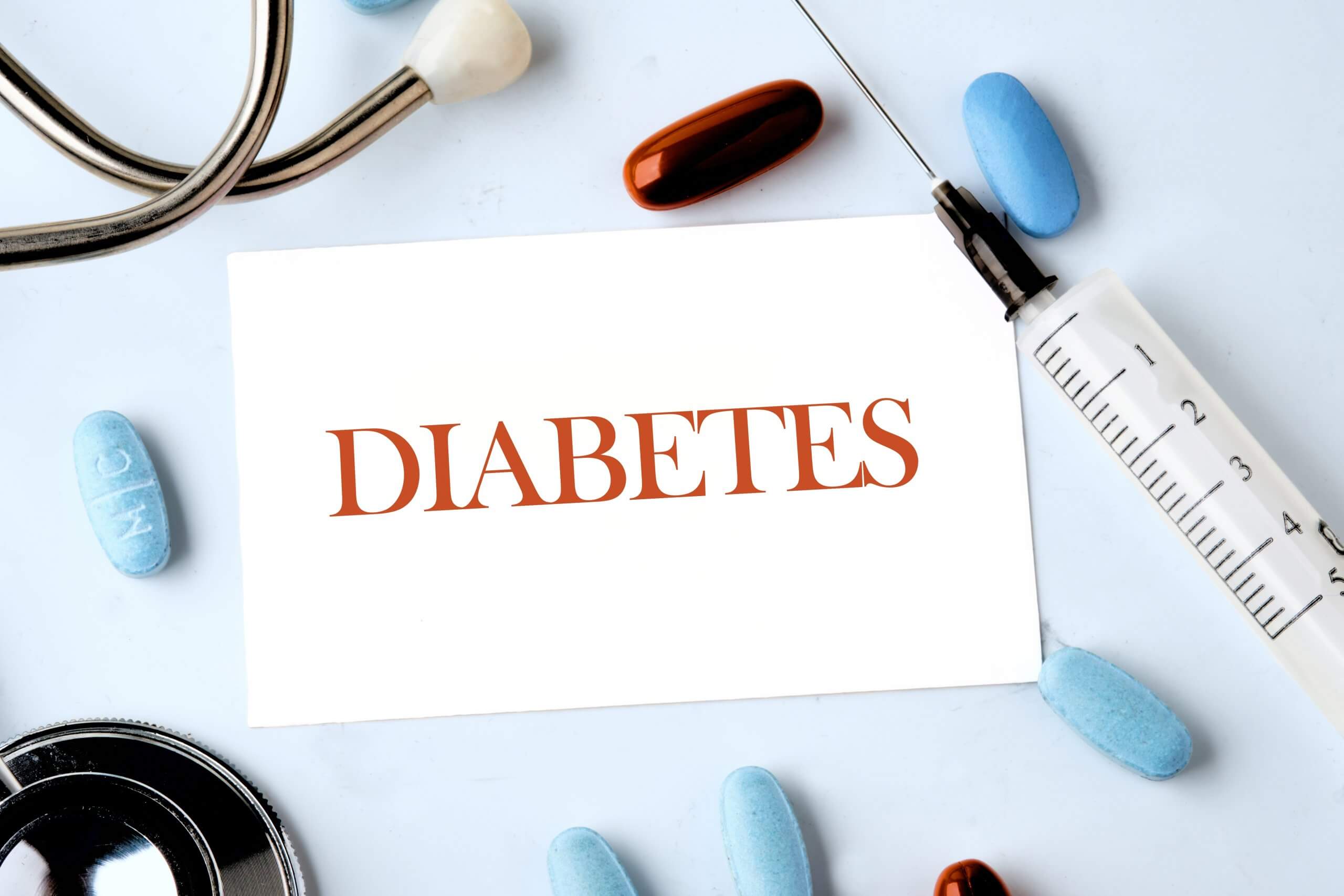Timeline Tales
Exploring the stories that shape our world, one timeline at a time.
Sugar Rush or Sugar Crash: Navigating Life with Diabetes
Uncover the truth behind sugar highs and lows—essential tips for thriving with diabetes and living your best life!
Understanding Blood Sugar Levels: What Every Diabetic Should Know
Understanding blood sugar levels is crucial for diabetics, as it helps in effectively managing the condition. Blood sugar, or glucose, is the main sugar found in the blood and comes from the food we eat. After consuming a meal, glucose levels can rise, signaling the pancreas to release insulin, a hormone that helps cells absorb this sugar for energy. For those with diabetes, either the body fails to produce sufficient insulin or cannot use insulin effectively, leading to elevated blood sugar levels. Regular monitoring of blood glucose can provide insights into how food, exercise, and medications affect your levels, allowing for better management of your health.
There are several factors that can influence blood sugar levels, including diet, physical activity, and stress. It’s essential for diabetics to keep a balanced diet rich in whole grains, lean proteins, and plenty of fruits and vegetables, while avoiding excessive sugar and refined carbs. Additionally, engaging in regular physical activity can enhance insulin sensitivity, making it easier for the body to utilize glucose effectively. Tracking blood sugar levels throughout the day can help identify patterns and pinpoint what works best for your individual needs, ultimately leading to a more stable and healthy lifestyle.

10 Tips for Managing Cravings: Staying in Control with Diabetes
Managing cravings effectively is crucial for individuals with diabetes, as it helps maintain stable blood sugar levels and overall well-being. Here are 10 tips for managing cravings that can help you stay in control:
- Stay Hydrated: Sometimes, cravings can be mistaken for thirst. Keep a water bottle handy and sip throughout the day to stay hydrated.
- Plan Your Meals: Regular, balanced meals can prevent sudden spikes in hunger and reduce cravings. Include protein, healthy fats, and fiber in your meals for sustained energy.
- Practice Mindful Eating: Take time to savor your food. Being mindful can help you recognize when you are truly hungry versus eating out of boredom or stress.
Additionally, having a strategy to address cravings can make a significant difference. Consider the following:
- Keep Healthy Snacks Accessible: Fill your pantry with nutritious snacks like fruits, nuts, or yogurt to fend off unhealthy cravings.
- Limit Temptations: Avoid keeping high-sugar or high-carb foods at home to reduce the chances of impulse eating.
- Distract Yourself: Engage in activities such as walking, reading, or pursuing a hobby when cravings strike, as this can shift your focus.
What Happens During a Sugar Crash? Symptoms and Solutions
A sugar crash occurs when blood sugar levels suddenly drop after a period of high sugar consumption. This phenomenon typically happens after consuming sugary foods or beverages which provide a quick spike in energy due to the rapid release of glucose into the bloodstream. The symptoms of a sugar crash can be quite uncomfortable and may include fatigue, dizziness, irritability, and intense cravings for more sugar or carbohydrates. Additionally, individuals may experience headaches or difficulty concentrating, as the body struggles to regain balance after the sugar spike.
To effectively combat a sugar crash, it is essential to adopt healthy eating habits. Here are some practical solutions to mitigate its effects:
- Focus on whole foods: Incorporate foods high in fiber, such as fruits, vegetables, and whole grains into your diet.
- Stay hydrated: Drinking water can help stabilize blood sugar levels.
- Regular meals: Consuming balanced meals with a good mix of protein, fats, and complex carbohydrates will prevent drastic fluctuations in blood sugar.
- Consider protein-rich snacks: Foods such as nuts, yogurt, or cheese can help maintain steady energy levels.